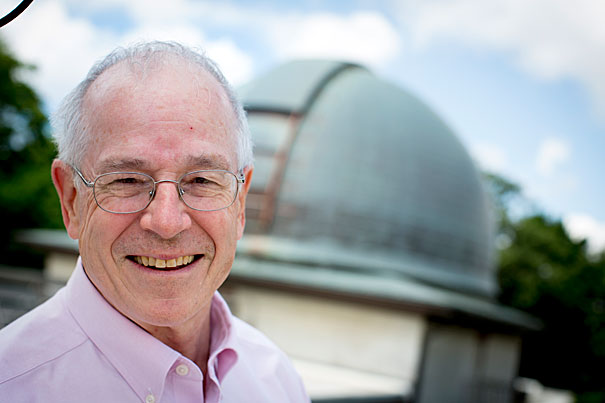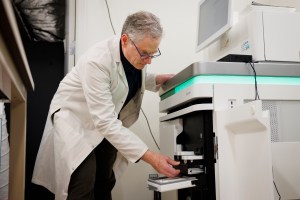Science & Tech
-
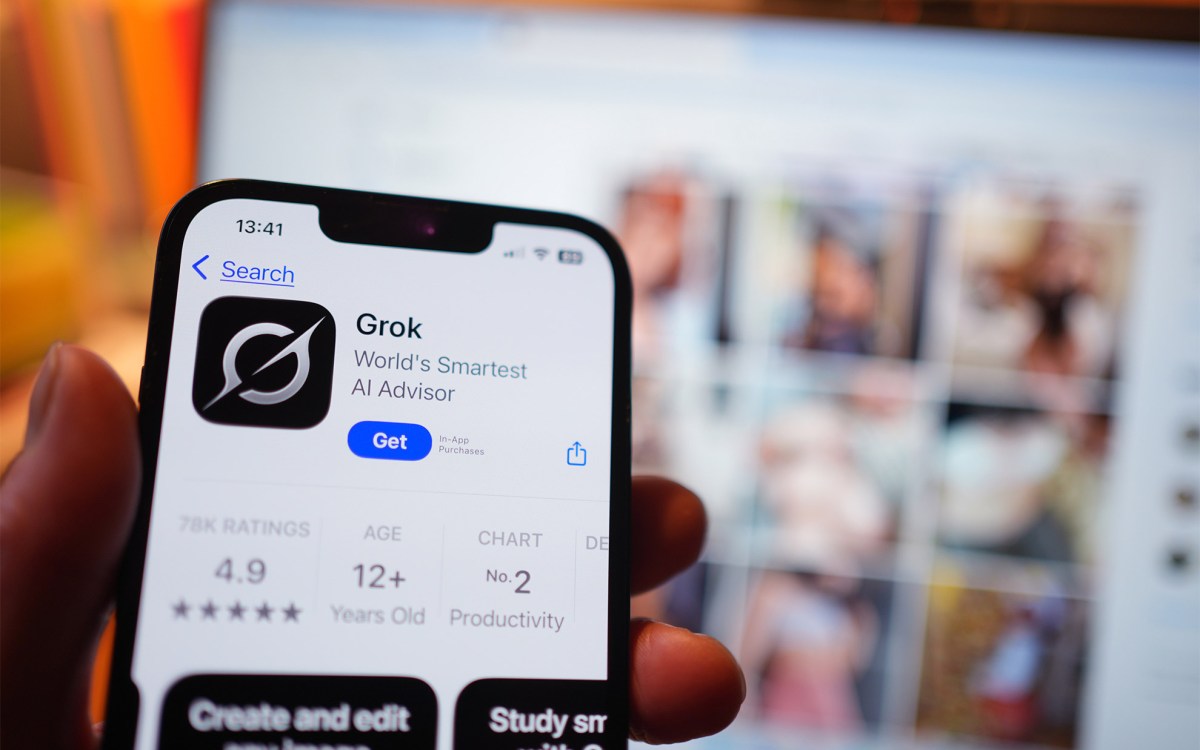
How AI deepfakes have skirted revenge porn laws
Limits unclear when explicit images of individuals look real, but are digitally generated
-
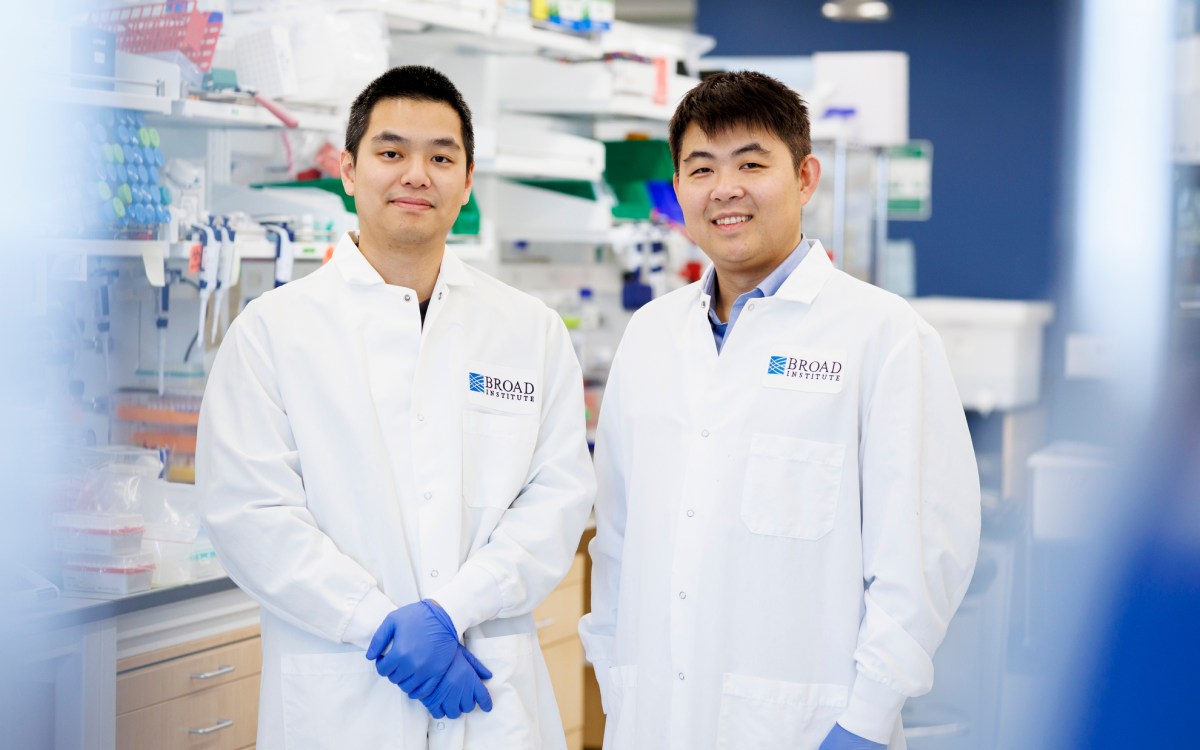
How did that cancer cell become drug-resistant?
Researchers find way to create microscopic archives of gene activity to gain insights into how, why changes happen

-
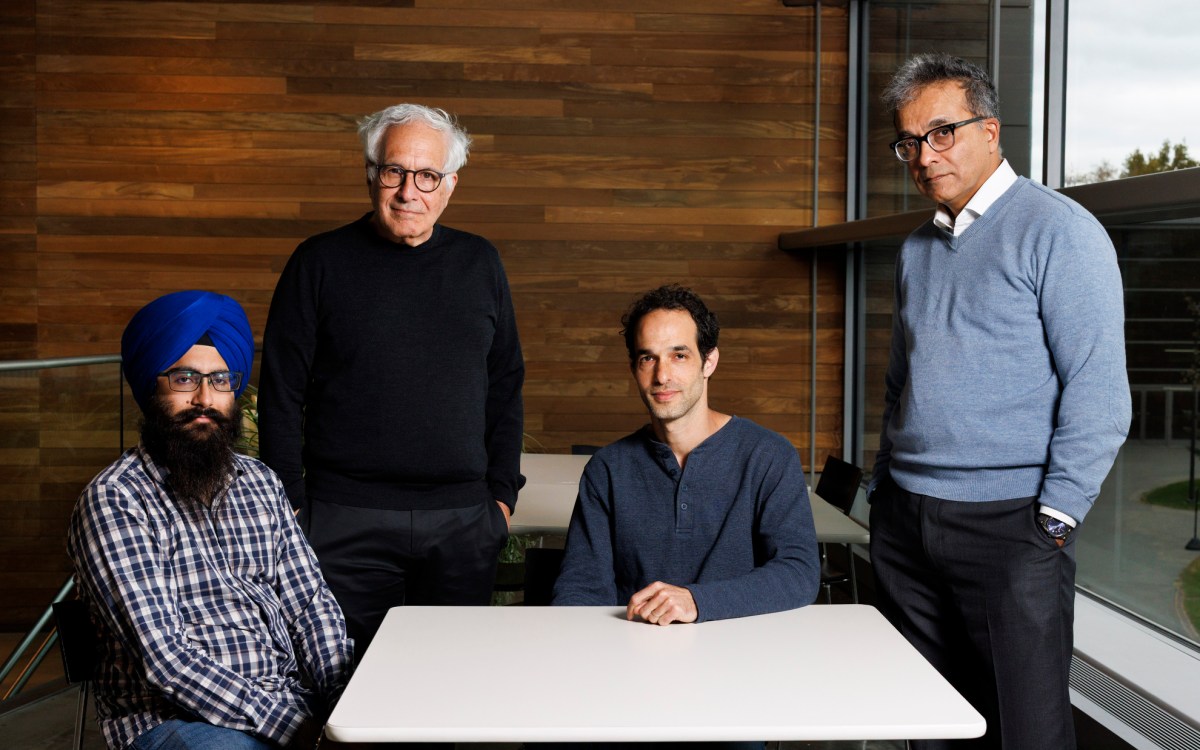
Want to speed brain research? It’s all in how you look at it.
New AI-enhanced scanning method promises to boost quest for high-resolution mapping
-
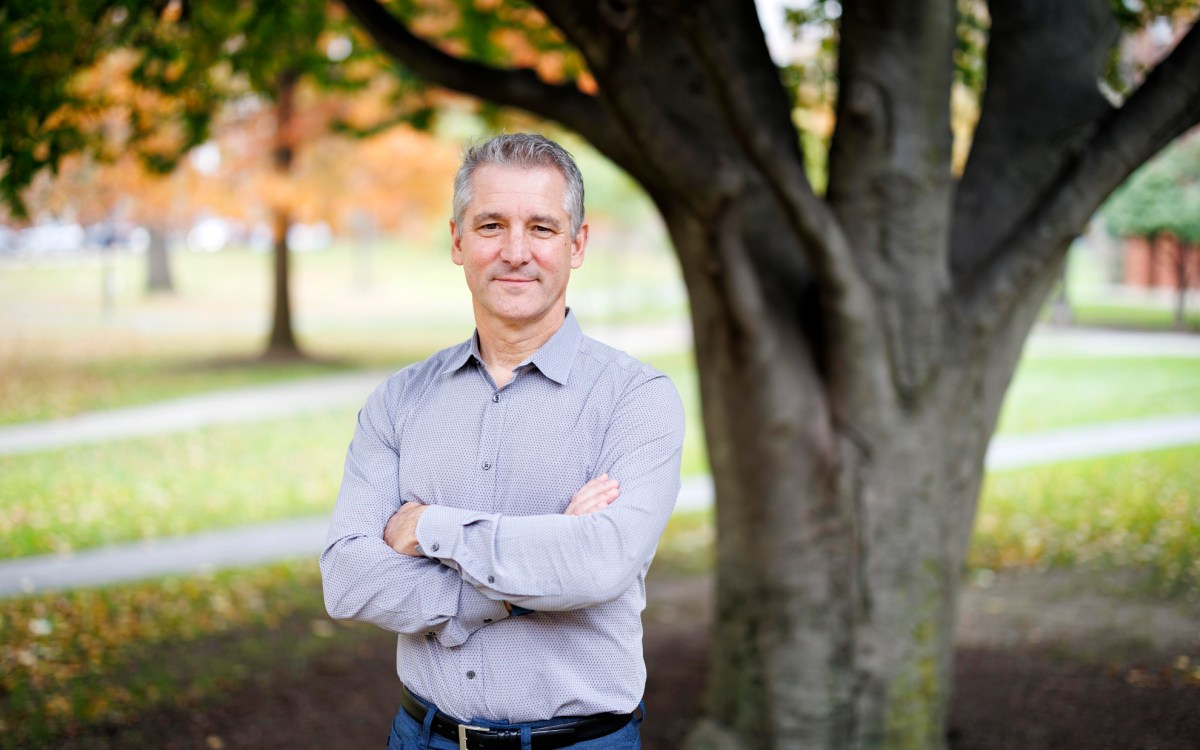
-
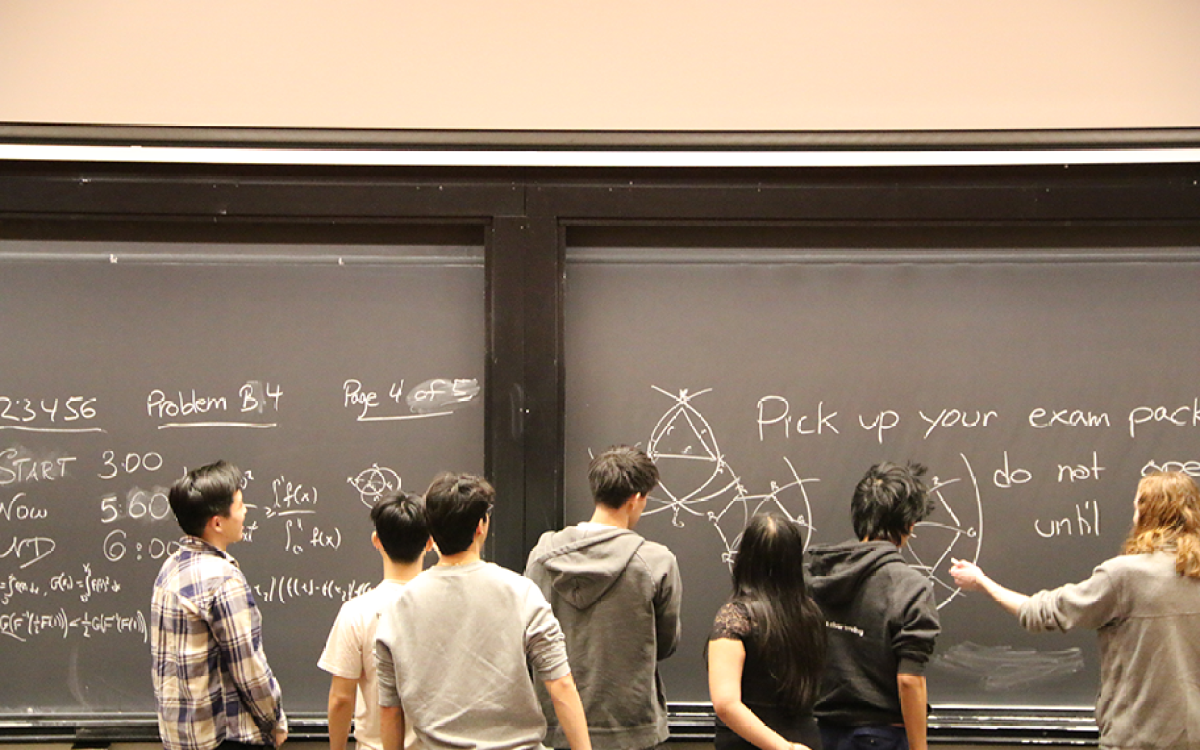
‘It just feels good when you solve the hard problems’
Why do students volunteer to take this notoriously difficult math exam? For the fun of it.
-
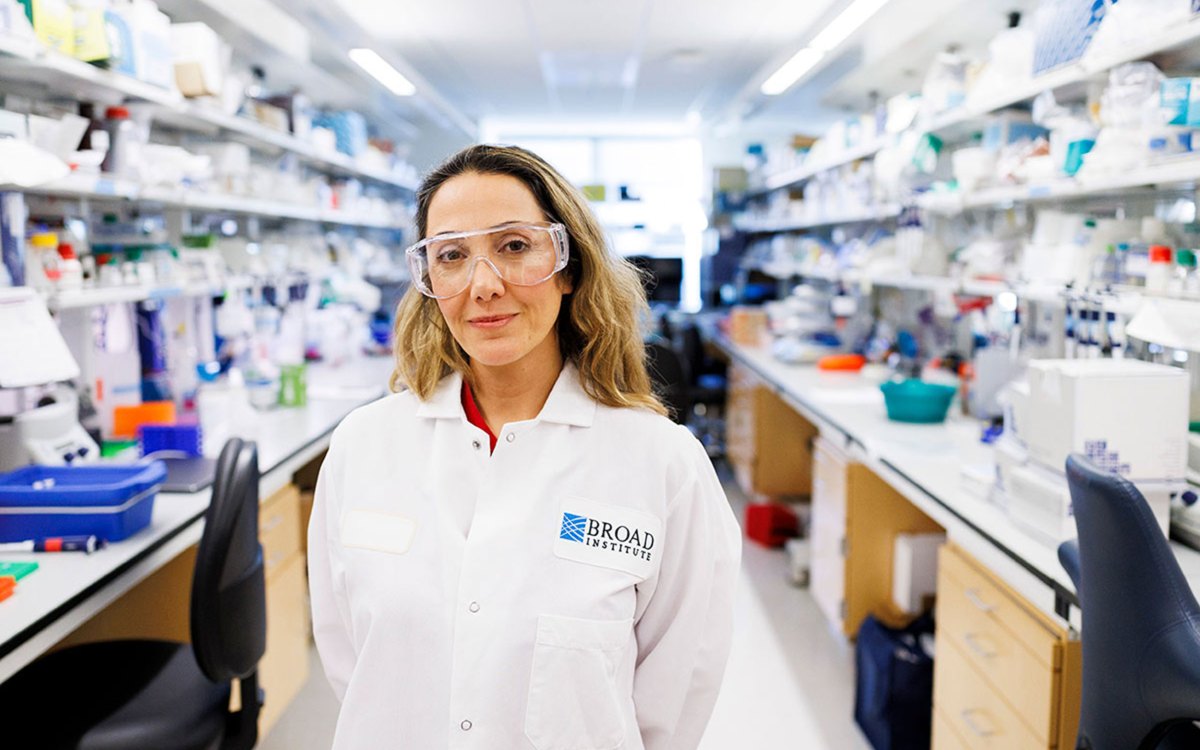
Stopping the next pandemic
Disease surveillance network faced ‘existential cliff’ despite proven success. Then came the $100 million.
-
Explaining the Higgs
A Q&A with science Professor Lisa Randall, author of a new book explaining the significance of the Higgs boson, and why its discovery matters.
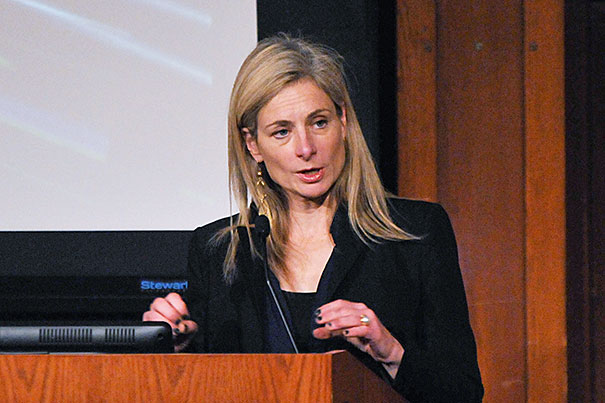
-
Rethinking the roots of altruism
In a new study, Harvard researchers find that inclusive fitness — for decades a standard tool in understanding how altruism evolved — often leads to incorrect conclusions.
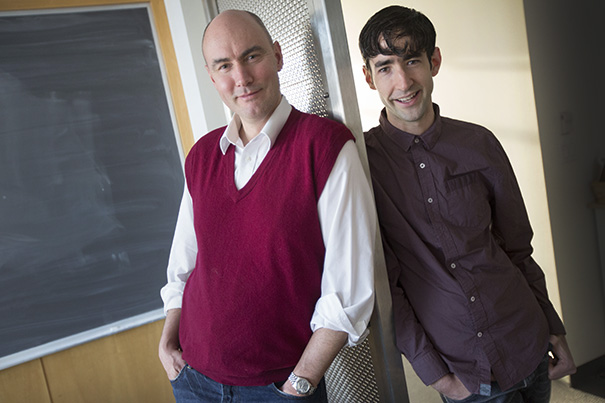
-
Measuring electrons
In making the most precise measurements ever of the shape of electrons, Harvard and Yale scientists have raised serious doubts about several popular theories of what lies beyond the Higgs boson.
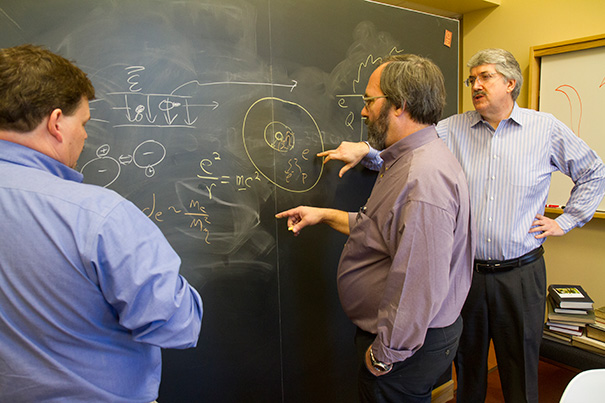
-
Battery offers renewable energy breakthrough
A team of Harvard scientists and engineers has demonstrated a new type of battery that could fundamentally transform the way electricity is stored on the grid, making power from renewable energy sources such as wind and sun far more economical and reliable.
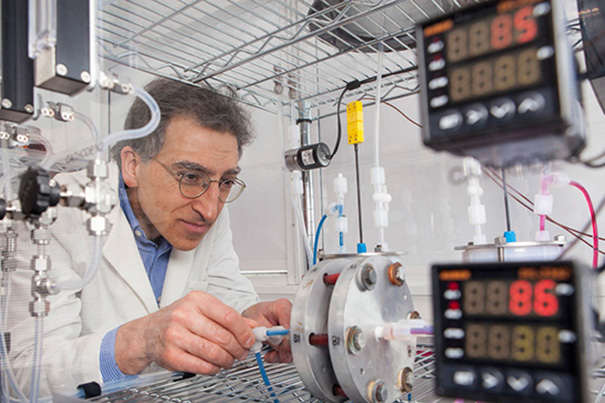
-
Following the weather
From the violence of Jupiter’s Great Red Spot to Earth’s own extreme weather, Ziff Environmental Fellow Pedram Hassanzadeh is investigating atmospheric vortices, those swirling air masses that make the weather go — and sometimes make it stop.
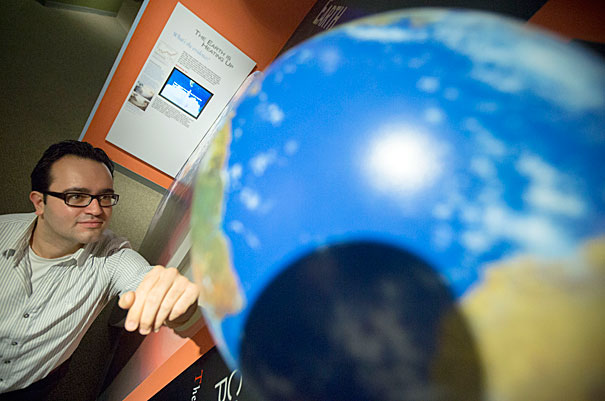
-
Carbon tax for China?
A new book by the Harvard China Project examines air pollution and greenhouse gas emissions in the world’s largest nation, and uses both science and economics to propose possible solutions.
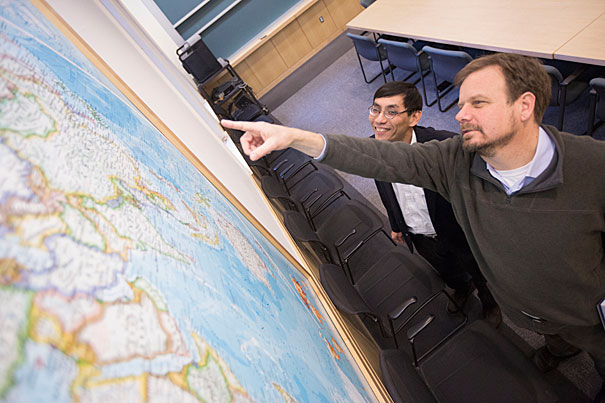
-
Seeing the forest for the trees
Harvard Forest researchers, together with state officials and representatives of conservation groups, are proposing a Massachusetts forest plan that increases both conservation and logging, while carefully focusing development to conserve as many large tracts as possible.
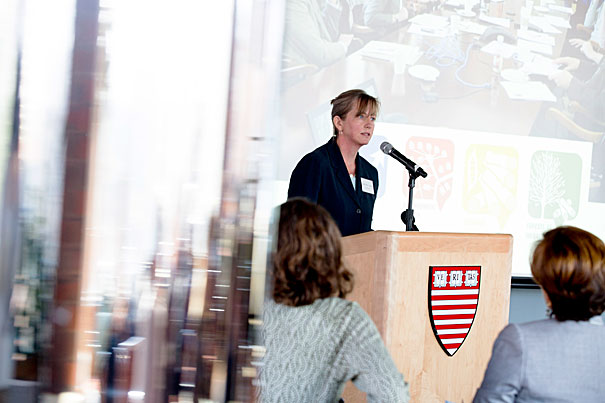
-
Muting the Mozart effect
Though it has been embraced by everyone from advocates for arts education to parents hoping to encourage their kids to stick with piano lessons, two new studies conducted by Harvard researchers show no effect of music training on the cognitive abilities of young children.
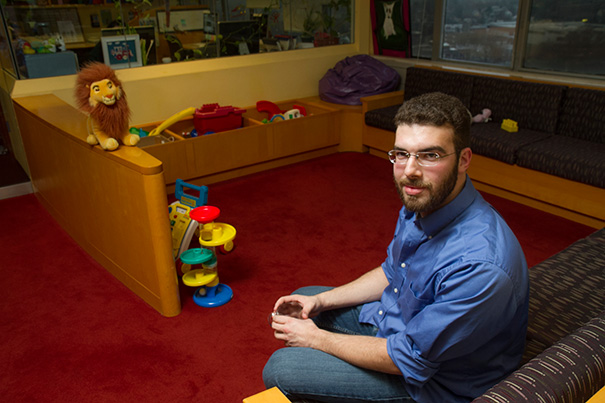
-
That thing attached to your hand? It might be doomed
With some predicting the demise of the smartphone, Professor Woodward Yang spoke to the Gazette about near and far prospects in personal tech.
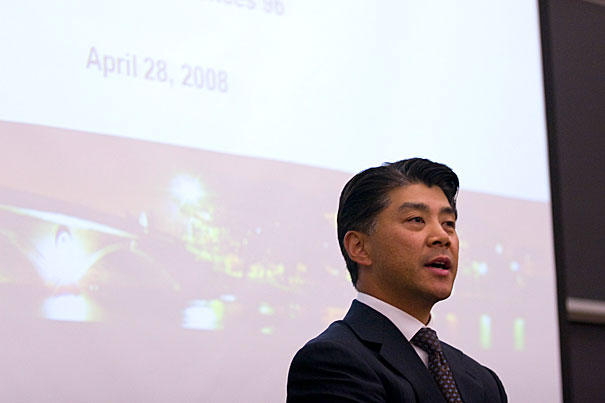
-
Creative, useful, and fun
From a “Bad Basketball” fantasy league to software that helps partygoers communicate with DJs, students at Harvard’s introductory computer science course created a wide array of programs on display during the annual fair.
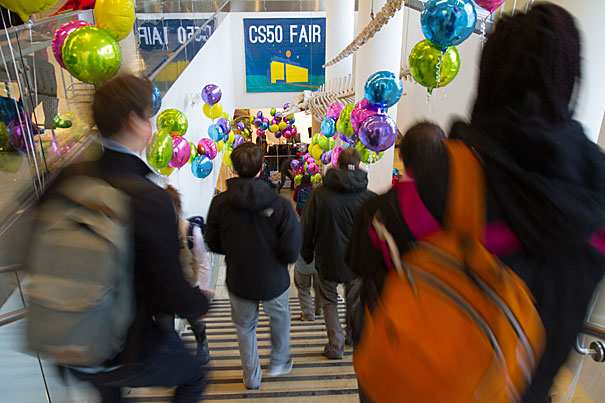
-
Can iPads help students learn science? Yes
A new study by researchers at the Harvard-Smithsonian Center for Astrophysics shows that students grasp the unimaginable emptiness of space more effectively when they use iPads to explore 3-D simulations of the universe, compared with traditional classroom instruction.

-
Airmail, to your door
Harvard engineering Professor Robert Wood lends his perspective to Amazon’s proposal to start a flying drone delivery service within a few years. His verdict is that FAA regulations and liability concerns will likely be bigger hurdles than the technology.
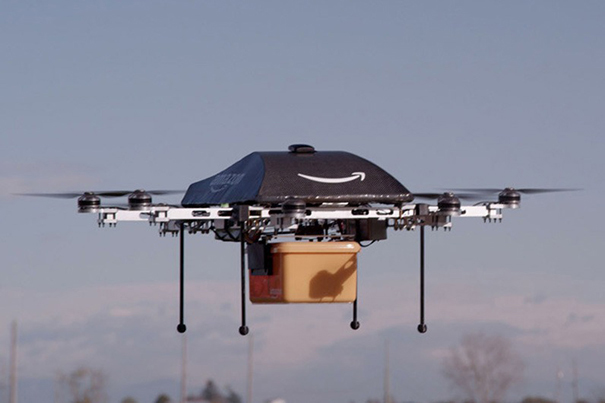
-
Probing how the past behaved
Harvard faculty and graduate students lectured, organized, and moderated in big ways throughout a four-day annual meeting in Boston of the History of Science Society.
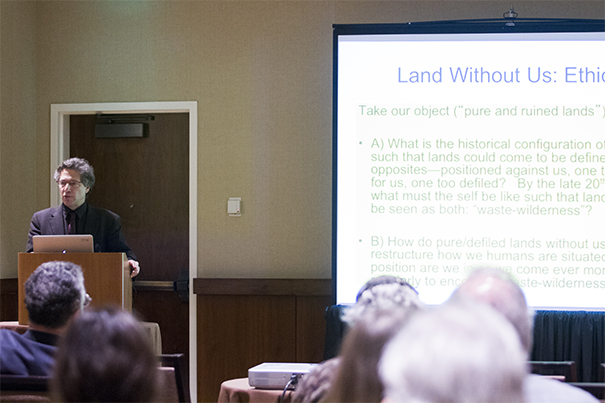
-
U.S. methane emissions exceed government estimates
Emissions of methane from fossil fuel extraction and refining activities in the United States are nearly five times higher than previous estimates, according to researchers at Harvard University and seven other institutions.

-
‘Deep pragmatism’ as a moral engine
Professor Joshua Greene talks about his new book, “Moral Tribes: Emotion, Reason, and the Gap Between Us and Them.” What makes an issue like abortion or Israeli-Palestinian relations seem insurmountable, he said, can be chalked up, in part, to brain wiring.
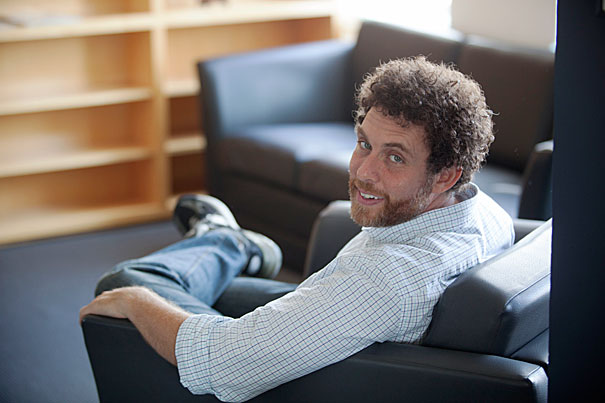
-
Technically, you are what you wear
The Google Glass and Warrior Web projects highlight the annual Radcliffe Science Symposium, which focused on the integration of technology with “smart clothes.”

-
Climate convergence
Representatives from some 195 nations have converged on Warsaw this week for a two-week meeting focused on climate change expected to lay the groundwork for the next international climate agreement. The Gazette spoke with climate policy expert Robert Stavins of the Kennedy School to understand what’s expected from the session.
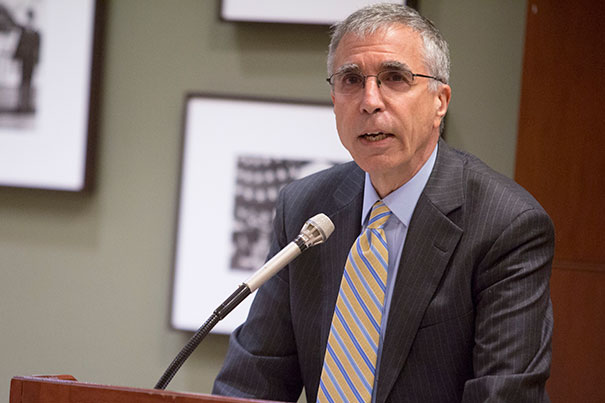
-
Flour power
Chef Joanne Chang ’91 returned to campus to delve into the basis of sweets as part of the “Science and Cooking” lecture series.
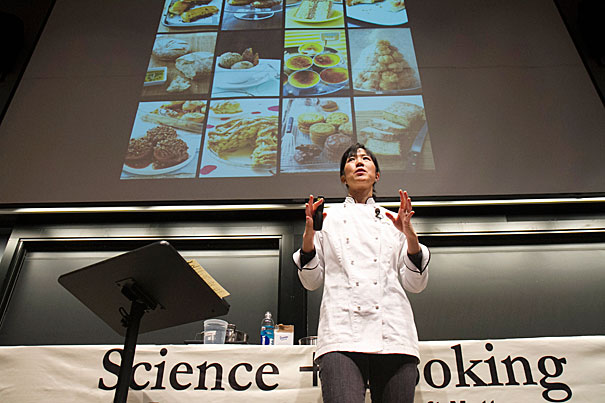
-
Engineering a better life
When Kathy Ku ’13 proposed to build a water-filter factory in Uganda for $15,000 last year, her contacts advised her to double her budget. If all goes to plan, by next August Ku and her classmates will have created a fully functional and self-sustaining water-filter factory, supplying clean water at half the cost of imported filters.
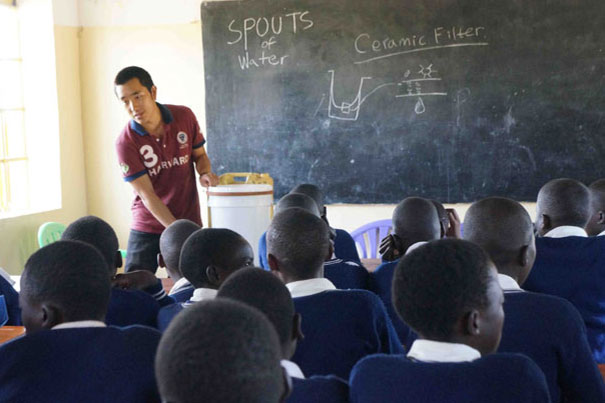
-
Mystery world baffles astronomers
Kepler-78b is a planet that shouldn’t exist. “This planet is a complete mystery,” said astronomer David Latham of the Harvard-Smithsonian Center for Astrophysics (CfA). “We don’t know how it formed or how it got to where it is today. What we do know is that it’s not going to last forever.”

-
Geoengineering: Opportunity or folly?
Scholars on opposite sides of geoengineering debated the climate change strategy’s potential — pitfalls and benefits — this week at the Science Center.
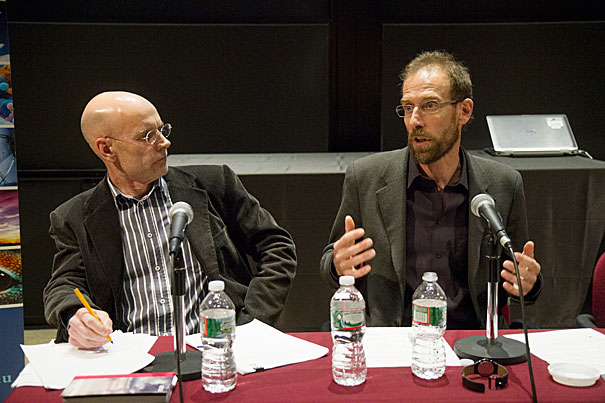
-
As complex as a toy
Radcliffe Fellow Tadashi Tokieda is creating and using simple toys whose sometimes surprising behavior both illustrates scientific concepts and causes even experienced scientists to scratch their heads trying to figure out what’s happening.

-
In Ireland’s recent history, a model for clean growth
Clean economic growth is not just a pipe dream — it happened in Ireland between 1990 and 2010, when emissions dropped 10 percent even as the country’s economy grew 265 percent, the leader of that country’s Green Party said in a Harvard talk.
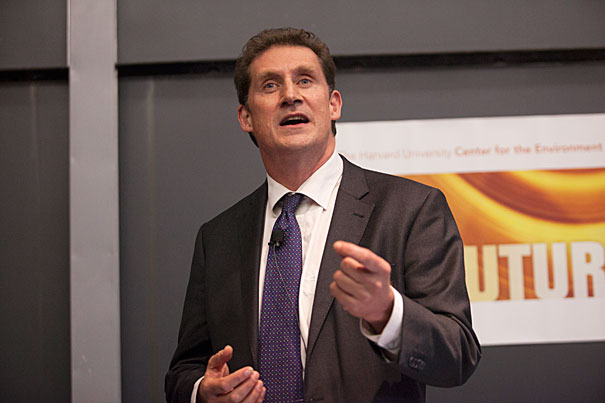
-
Mindfulness over matters
Jon Kabat-Zinn, a professor of medicine emeritus at the University of Massachusetts Medical School and a pioneer in applying mindfulness to the field of medicine, discussed how the concept can be integrated into K-12 education.
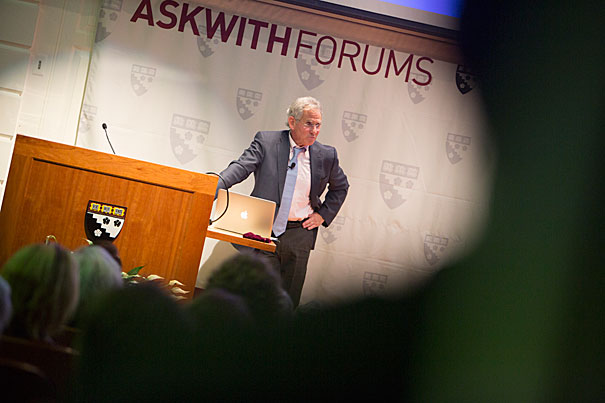
-
Dirty deeds, deconstructed
New studies co-authored by Harvard Business School Professor Francesca Gino find that, contrary to decades of accepted wisdom, cheating feels good.
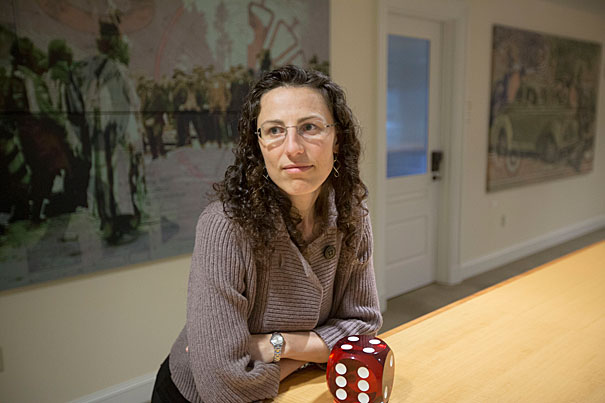
-
The teaching launch
A new study found that middle school teachers can have a real impact not only on students’ short-term educations, but on whether they attend college and on the size of their future paychecks.
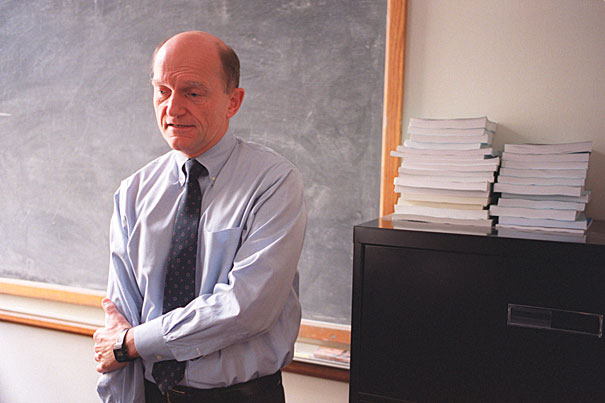
-
National parks face dangerous foe
Thirty-eight of the United States’ national parks are experiencing “accidental fertilization” at or above a critical threshold for ecological damage, according to a study led by Harvard University researchers and published in the journal Atmospheric Chemistry and Physics.

-
What’s in a face?
Using scans of the brain, Harvard researchers show that patterns of neural activity change when people look at black and white faces, and male and female faces.
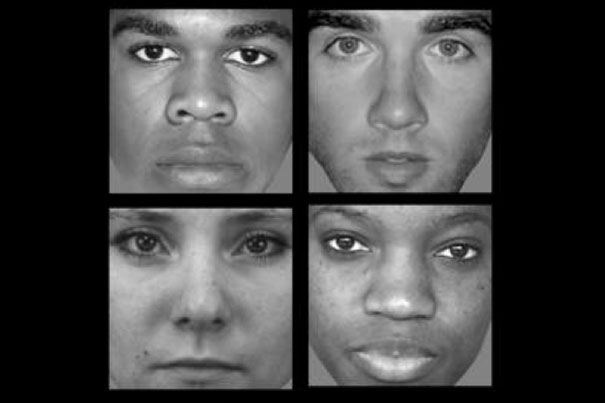
-
Putting a price on nature
An unusual collaboration between the Nature Conservancy and Dow Chemical Co. led to their receiving the Roy Family Award for Environmental Partnership.
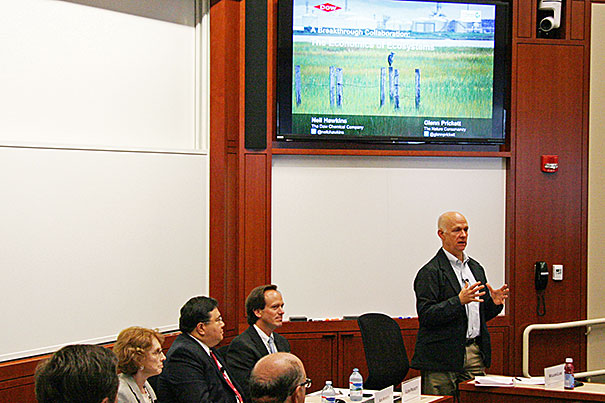
-
The search for other Earths
Scientists at the Harvard-Smithsonian Center for Astrophysics are drafting the target list for NASA’s next planet-finding telescope, the orbiting Transiting Exoplanet Survey Satellite, or TESS, which will search the Earth’s galactic neighborhood for planets that might support life.
